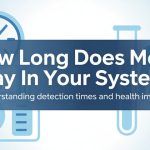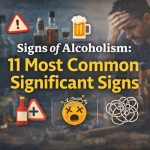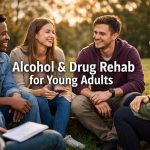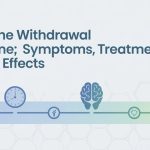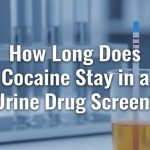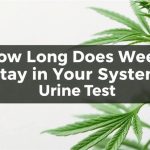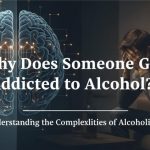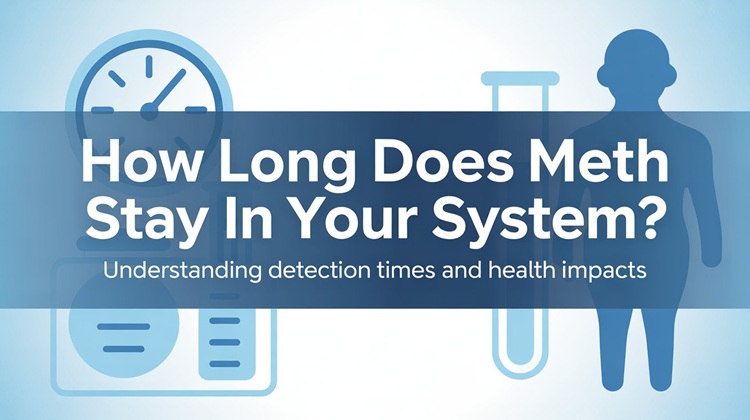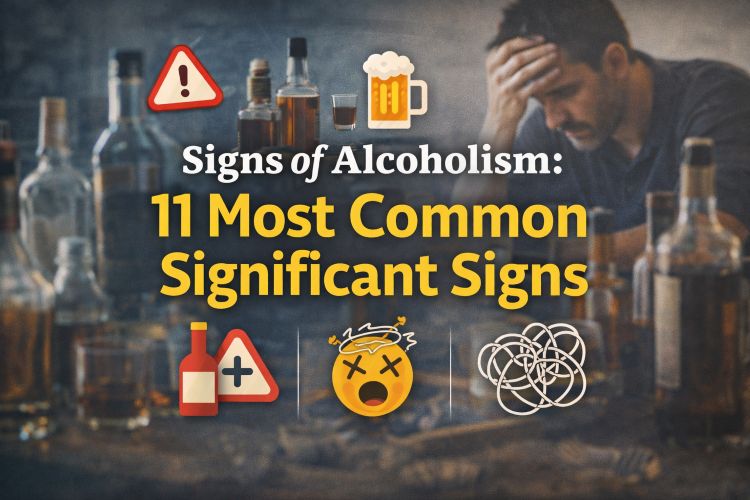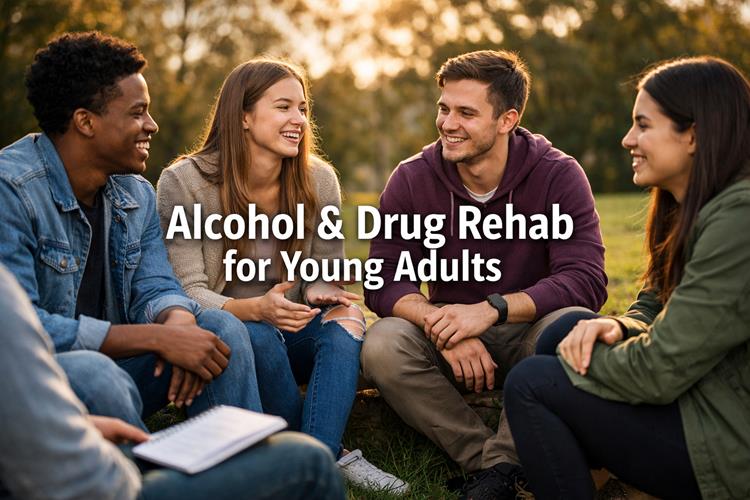Relapsing is painful, and it is disheartening, but one has to know that it is a usual thing to experience a relapse when in the healing process. This information will assist you to regain control after the relapse and prevent future relapses. This comprehensive article provides advice and support, enabling you to navigate this challenging phase.
However, research indicates that as conducted by the National Institute on Drug Abuse, up to 85% of individuals with substance use disorders will experience relapse one time or multiple times in their lifetime. The key here is to understand that a relapse is not a permanent occurrence but rather a shortcoming. If done right, this could be an opportunity to learn and help reinforce your commitment to moving forward.
Understanding Relapse
A relapse means reoccurrence of substance use or the recurrence of symptoms following rehabilitation. It is a multifaceted endeavor, which often takes its toll on an individual’s emotions, cognitive abilities, and physical well-being. Understanding that relapse is part of the process of recovery is likely to help you react to it more constructively.
Types of Relapse
- Emotional Relapse: At this stage, you are not being actively prompted to use, but your emotions and actions are conditioning you for a relapse. Some clues include isolation, not expressing feelings, and not paying attention to personal needs.
- Mental Relapse: This stage consists of an intrapersonal conflict. You begin to think about using again, to idealize the past usage or even to lie when it comes to your feelings.
- Physical Relapse: When you start to take the drugs again, you experience a physical relapse. This is oftentimes characterized by emotional and mental degeneration.
How to Proceed When There is a Relapse

- Recognize and accept: The first essential action after a relapse is to acknowledge it. Denial can also cause delay and make it harder to start addressing the matter, get back on track. This means that once you realize and agree that you have relapsed you can accept responsibility and continue with the addiction recovery process.
- Seek Support: Loneliness can foster feelings of shame and guilt. It is advisable to call someone a close friend, a relative, or a sponsor. Perhaps, telling it to a person who knows it may provide both emotional support and help themselves.
- Evaluate what happened: One of the most effective ways to approach the issue is to think about the circumstances and conditions that led to the relapse. What specific event, feeling, or circumstance does it describe? Perhaps knowing these causes would enable you to figure out ways by which you could prevent such issues in the future.
- Reconnect to Your Treatment Plan: It will help in reminding you the available tools and measures to undertake. They might involve treatment meetings, group discussions, or personal techniques that you have been taught.
- Practice self-compassion: It may be unproductive to punish oneself for relapses to a diet. Acknowledge the fact that relapse is quite common in the line of treatment for several individuals. Counsel yourself with the same kindness and consideration that you would extend to a friend in a similar situation.
100% Confidential Support is Available 24/7
No matter what you’re going through, you’re not alone. Our dedicated team is here to provide a safe, judgment-free space where you can talk openly and honestly. Whether you need emotional support, resources, or just someone to listen.
We’re here for you—completely confidential and always respectful of your privacy. Call us today!
Long-Term Strategies for Recovery
To maintain a good foundation for a long period of recovery, a strong support base would be needed. This may include the family, friends, support groups, and any mental health practitioner that the client might be in contact with.
- Establish healthy coping mechanisms: Learn and apply effective management strategies for stress, anxiety, and other pressure-related issues. This can encompass exercise, meditation, arts and crafts, listening to music, dancing, reading, gardening, drawing and painting, and more.
- Develop a structured routine: Exercise may help prevent sudden onset of symptoms and a defined schedule can provide the comfort required when recuperating. Schedule your day based on work activities and schedules, personal care, social functions, and recreation.
- Create realistic goals: It is advised to avoid setting unrealistic goals and targets, achieving realistic goals and targets may enhance motivation and prove useful. Divide large goals into mini goals that can be easily achieved in comparison to the final goal.
- Stay Educated: You must learn all about addiction as well as recovery constantly. Learning about addiction, what makes people go back to drug use, and what forms of treatment are available can help you be better informed about your health.
Contact Palm Coast Treatment Solutions
Battling with Drug and Alcohol Addition? Remember, you are not alone and we are here to help you!
Seeking Professional Help
Sometimes, it may be difficult for the addicted person to come out of the state of relapse independently, and hence help from a professional may be of importance. Professionals such as therapists and experts in the field of addiction are capable of offering relevant help and recommendations.

Types of Professional Help
- Therapy: Individual therapy might offer a safe place for you to share your feelings and concerns. Another treatment method that is also very helpful for dealing with addictive behaviors is the cognitive-behavioral treatment.
- Medication: Occasionally, the treatment may require the prescription of drugs to counter the patient’s cravings and the effects of withdrawal. You need to consider consulting a healthcare practitioner and see if this is doable for you.
- Rehabilitation Programs: Mainstream inpatient or outpatient rehab programs provide a literal setting where you can focus solely on getting well. Most of these programs use therapy, education, and support in their action plan.
Overcome Addiction with Palm Coast Treatment Solutions.
Book an appointment.
Preventing Future Relapses
Here are some more strategies to boost your recovery and avoid future relapses:
- Identify your early warning signs: Be aware of any physical, emotional, or behavioral changes that might indicate a relapse. Early intervention is important.
- Create a relapse prevention plan: Create a strategy with your therapist to cope with cravings, urges, and other triggers.
- Celebrate your milestones: Take the time to appreciate your accomplishments, no matter how little. Celebrating your victories may enhance your motivation and confidence.
Moving Forward with Hope
A relapse does not have to be the end of your recovery journey. Using the strategies described above and embracing your support system, you may use this opportunity to strengthen your commitment and go forward with renewed hope.
If you seek to rehabilitate on your own after a relapse, seeking professional assistance may be beneficial. At Palm Coast Treatment Solutions, our therapists, counselors, and addiction experts can provide specialized assistance and advice. They can assist you in developing a more effective recovery plan and addressing underlying issues that contribute to your addiction. Call us at (386) 284-4151 or visit our rehab center in Palm Coast, Florida today.






